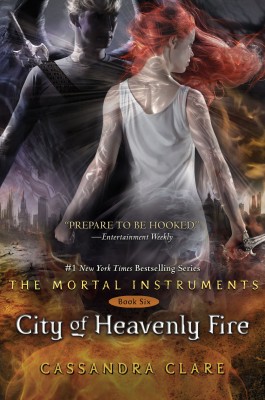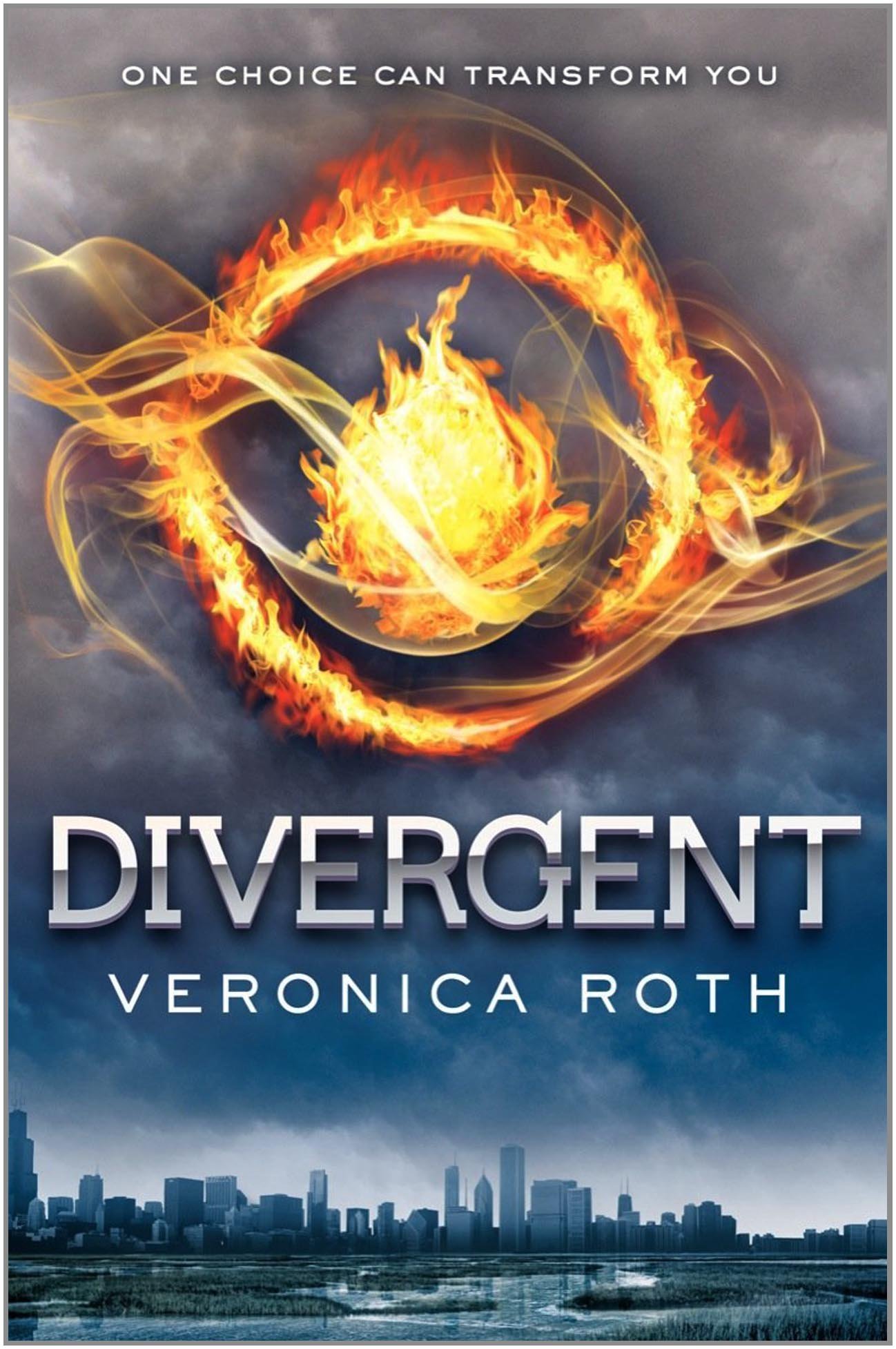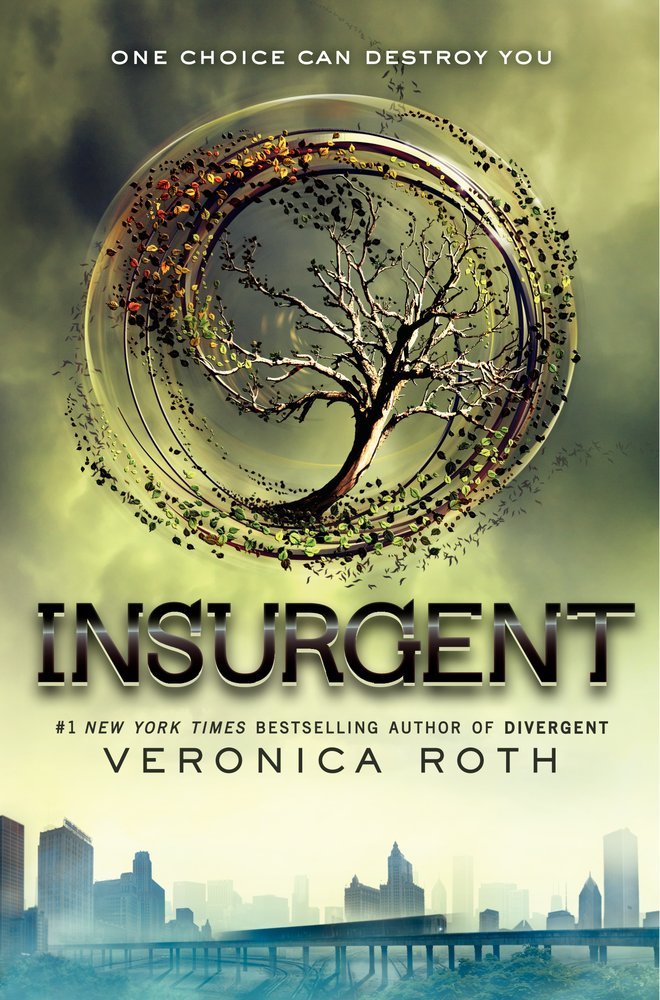(In which it is frustrating.)
***
One way to know if a book is good is when one sees several blurbs in the first pages. If there were so many of them, then the reader is in luck. This blurb test is, of course, not a standard, but it's a start. And when I read the blurbs for Jay Asher's "Thirteen Reasons Why", I knew I was in luck.
Thirteen Reasons Why narrates the heartbreaking journey of Clay Jenkins around town as he listens to a set of thirteen cassette tapes (cassette tapes!) he received in the mail a few days back. After listening for the first several seconds, he knew right away that it was from Hannah Baker, his classmate who committed suicide. What’s chilling is the fact that twelve other people have received or have to receive the tapes and that they all are the reasons for Hannah’s death. Along with the tapes is a map where important places for Hannah are marked. These marked places are unforgettable to her, like the people who contribute to Hannah’s decision to take her own life.
I read the book thinking it was another take on the horror film “The Ring” and that there might be a curse on the cassette tapes since the tapes needed to be passed along to the next person on the list, otherwise, something terrible will happen. But, no. There was no avenging ghost. No curses. Or maybe a little. The curse is set on the conscience of those who listened.
It was a quick read. And it was a haunting read. It’s the kind of haunting that does not scare you. At least Hannah didn’t sound eerie in the tapes. But it haunts you in the sense that it will let you – force you – to look back at all the years you’ve lived. It will force you to remember details about your interactions with others: your family, your teachers, your classmates, your friends, your enemies, even strangers. It will force you to recall kind deeds, kind words, rude deeds and rude words. It will force you to think back what evil you may have caused to the life of someone as you try to peacefully navigate your daily life. You will remember deaths. And you will remember the last time you talk to people before they died and wonder how you affected their lives.
It made me uneasy. But it didn’t stop me from reading. It made me sad. But, surprisingly, it didn’t make me cry.
I finished the book in 5 hours. And then I wondered at the solace it gave me. I should have wept and felt bad that a promising life was lost due to the frailty of today's youth's self-esteem and their constant need for social acceptance. I should have mourned for a seemingly innocent and pure love that never took place. If not for the dead girl, I should have been full of regret for the poor boy she left behind.
I felt sad for Hannah. But her decision is, apart from the terrible making of the terribly ill-advised children in her school, is a product of a series of terrible decisions. She needed help. But just like so unfortunate people. She tried to get help from the wrong people when all the while the only person who could save her has always been there and she sent him away. She is a victim, yes. But that doesn’t justify anything.
Instead of mourning for her death, I chose to celebrate life for those who took the tougher road and managed to stay alive despite the struggle to fit in this cruel world. I believe Hannah’s story is about these truly strong people as it is about her.
Currently reading:
Photo Sources:

















